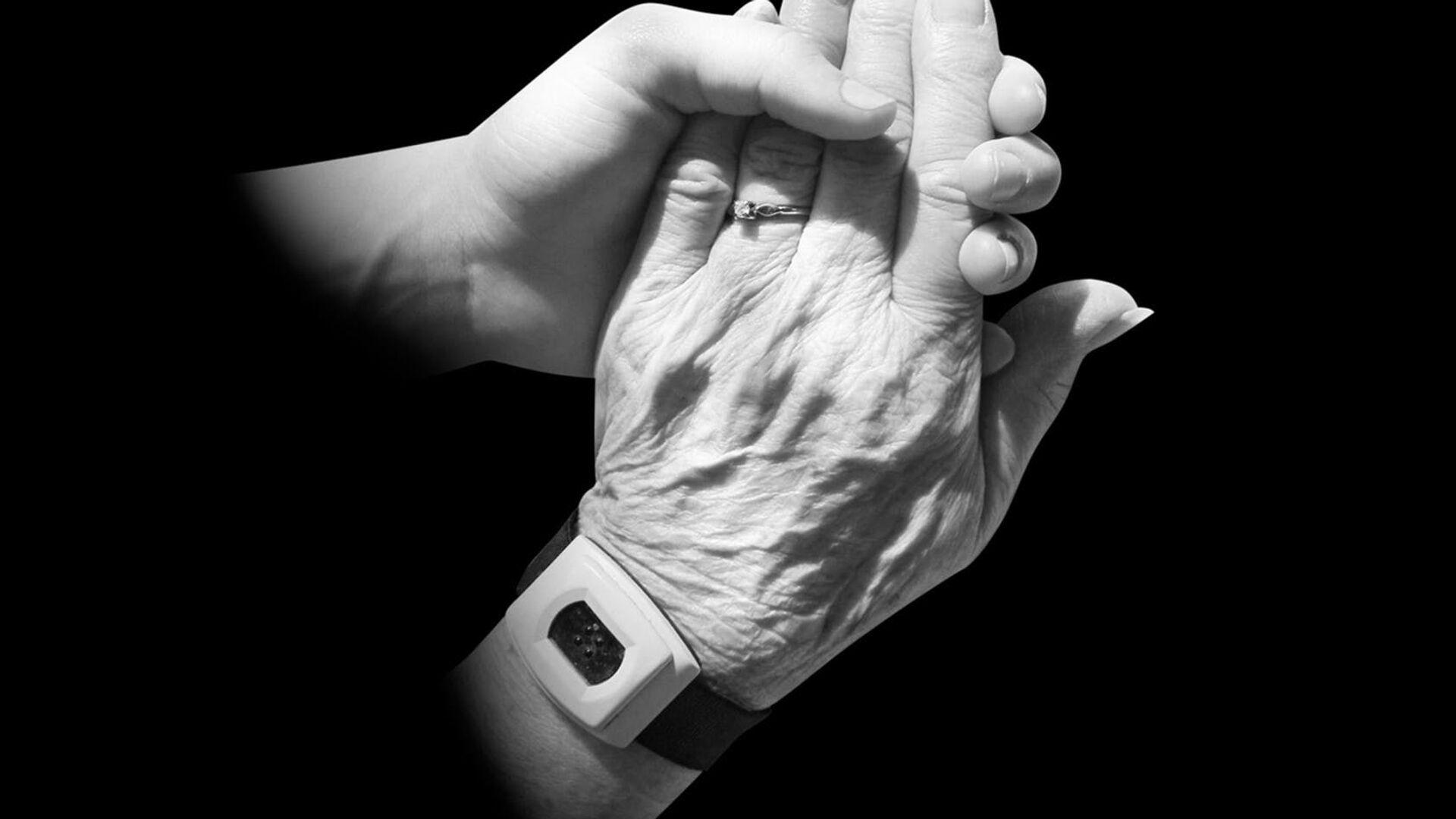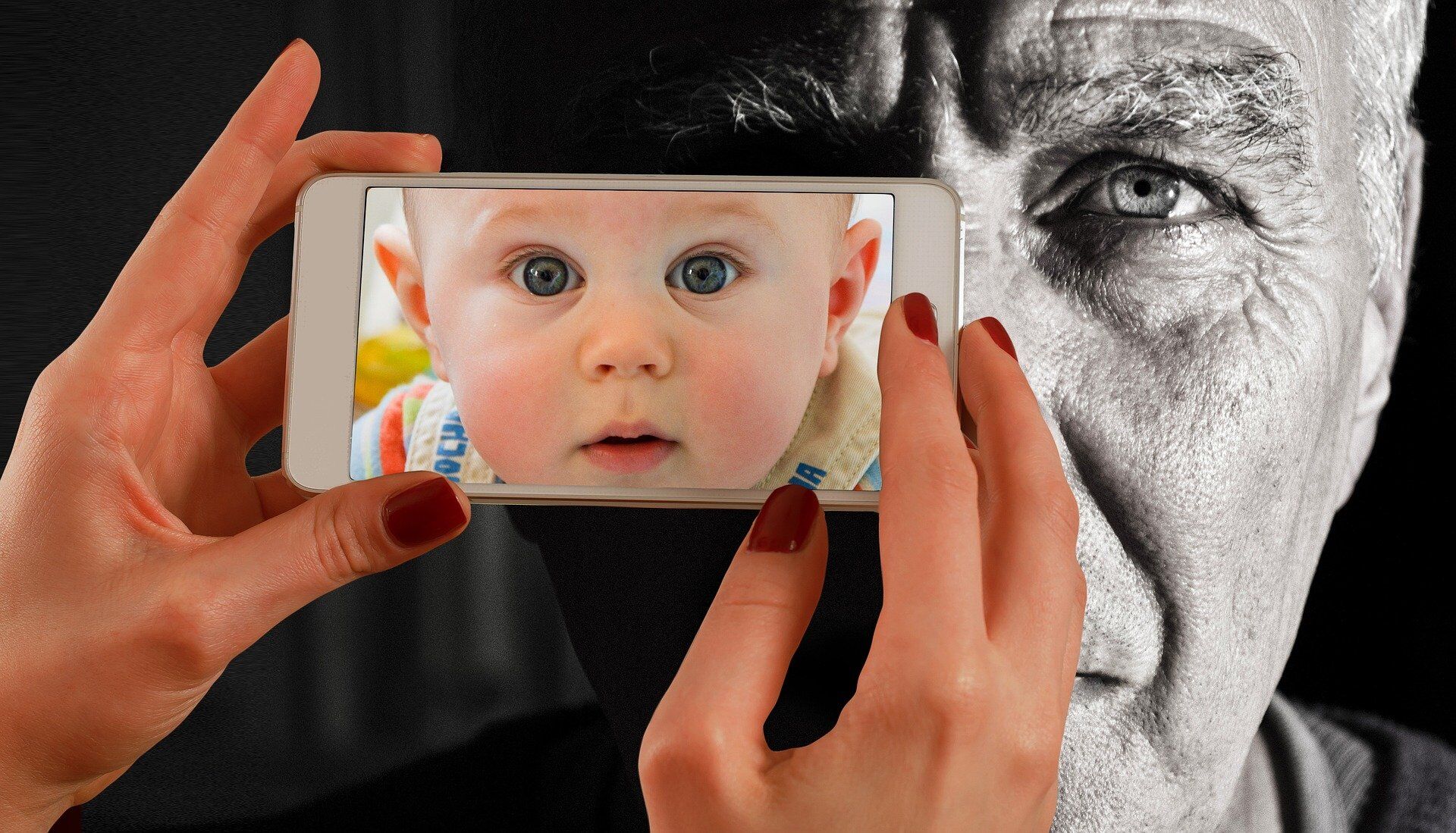Turning Back the Clock: Ageing in Human Skin Cells Can Be Reversed by 30 Years, Claims Study
11:19 GMT 09.04.2022 (Updated: 15:18 GMT 28.05.2023)

CC0 / /
Subscribe
Shinya Yamanaka at Kyoto University in Japan developed a technique in 2007 transforming adult skins cells into stem cells by inserting four molecules, dubbed “Yamanaka factors”, to achieve reverse cell development. In the new study, researchers devised a technique that utilizes “Yamanaka factors” to de-age human skin cells further.
A new breakthrough method to turn back the clock and reverse ageing in human skin cells by at least 30 years has been revealed by scientists at Babraham Institute in Cambridge, UK.
While there have been skin reprogramming methods before, the new approach, laid out in a paper published in the journal eLife, can ostensibly do so for longer and without the cells losing their function. The onslaught of age brings with it the declining ability of cells to function properly.
In a new trial conducted by the scientists they were successfully able to de-age human skin cells by 30 years.
For their experiment, the team fell back on a technique pioneered back in 2007 by Shinya Yamanaka at Kyoto University in Japan.
By inserting four specialist molecules that reverse cell development, adult skins cells had been transformed into “induced pluripotent stem cells” (iPSCs) - a type of cell that can be generated directly from a somatic cell. These had been dubbed “Yamanaka factors” and have since been used in disease modelling and regenerative medicine.
“However, when you turn to a cell into an iPSC, you lose the original cell type and its functionality,” explained Diljeet Gill, a postdoctoral researcher at the Babraham Institute, who conducted the trial.
Together with his colleagues, the researcher came up with a novel technique that uses “Yamanaka factors” to rejuvenate skin cells without allowing their previous functionality to be lost.

Aging
© Photo : Pixabay
For the trial, skin cell samples were collected from three human donors that had an average age of around 50. They were then exposed to the Yamanaka factors for just 13 days to partially anti-age the cells. However, the “Yamanaka factors” were subsequently, removed, allowing the cells to grow, stopping reprogramming part of the way through the process.
The team discovered during the trial that the epigenetic clock and transcriptome profiles of the partially reprogrammed cells of the donors matched the profiles of skin cells of people who were 30 years younger.
Furthermore, the “rebooted” cells functioned like younger ones, too, creating more collagen to heal artificially induced wounds during the experiment.
“Our understanding of ageing on a molecular level has progressed over the last decade, giving rise to techniques that allow researchers to measure age-related biological changes in human cells. We were able to apply this to our experiment to determine the extent of reprogramming our new method achieved,” said Dr Diljeet.
According to Professor Wolf Reik, also involved in the trial, the work has “very exciting implications.”
“Eventually, we may be able to identify genes that rejuvenate without reprogramming, and specifically target those to reduce the effects of ageing. This approach holds promise for valuable discoveries that could open up an amazing therapeutic horizon,” said Reik.

